You have not yet added any article to your bookmarks!

Join 10k+ people to get notified about new posts, news and tips.
Do not worry we don't spam!
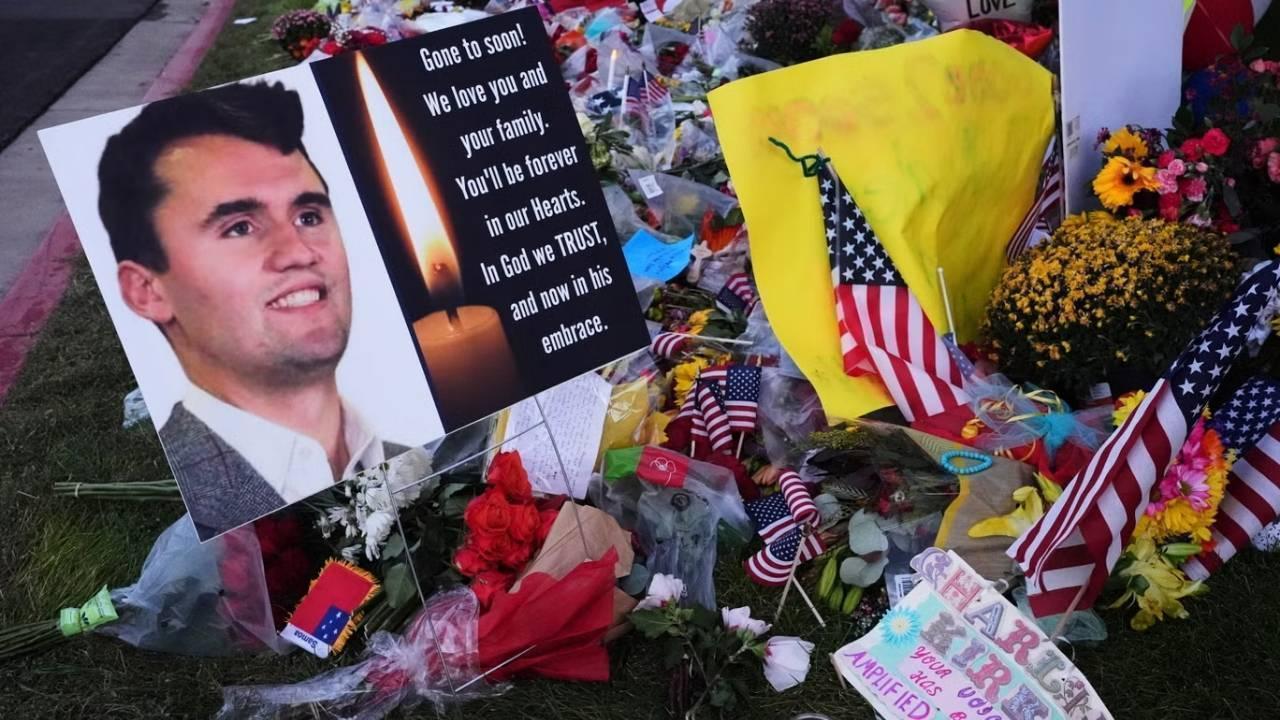
Post by : Anis Farhan
Photo: AP
The nation paused recently as friends, family, and political allies gathered to honor the life of Charlie Kirk, a prominent conservative activist and founder of Turning Point USA. The memorial sparked an outpouring of tributes across social media, news outlets, and political forums, highlighting the complex and often polarizing figure he had become.
Kirk was widely known for his role in mobilizing young conservatives, championing free-market principles, and engaging in debates on college campuses across the country. His strategies and messaging helped shape the discourse among younger generations and influenced conservative politics on a national scale.
The memorial was not just a private moment of mourning—it became a focal point for political dialogue, reflecting the deep divisions and ongoing debates within the American political landscape. The event provided a window into how one individual can spark both admiration and controversy, leaving a legacy that continues to inspire conversation.
Numerous political figures attended or issued statements commemorating Kirk’s work. Many praised his dedication to conservative values, his efforts to engage young Americans in political activism, and his ability to articulate a vision for the future of the movement.
Republican leaders and conservative influencers highlighted Kirk’s commitment to principles such as limited government, individual liberty, and free enterprise. They emphasized his ability to energize youth participation in politics, arguing that he created a lasting impact on the next generation of political leaders.
Kirk’s former colleagues at Turning Point USA described him as a visionary who transformed campus activism into a nationwide movement. Their tributes underscored his role as both a strategist and a mentor, emphasizing his influence in shaping public discourse on higher education and free speech.
Even some individuals who disagreed with Kirk’s ideology acknowledged his contributions to political engagement. Critics recognized his effectiveness in mobilizing supporters, framing policy debates, and creating platforms for conservative voices. This acknowledgment reflects a respect for his ability to impact political participation, regardless of ideological stance.
While the memorial prompted widespread admiration, it also reignited debates about Kirk’s legacy, particularly regarding his political strategies, rhetoric, and influence on public discourse.
Kirk’s approach to politics was often described as confrontational, especially in the context of campus activism and media appearances. Critics argued that his style contributed to increased polarization, framing issues in binary terms and encouraging combative debate.
Supporters, however, viewed his approach as necessary to challenge prevailing narratives on college campuses and within mainstream media. They argued that his methods empowered young conservatives and amplified voices that might otherwise be marginalized.
One key aspect of the debate centers on the long-term effect of Kirk’s strategies on political engagement. Supporters highlight a surge in youth involvement, voter registration drives, and political discourse that challenges established norms. Critics caution that highly polarized activism may create divisions and discourage constructive dialogue across ideological lines.
The media played a significant role in shaping perceptions of the memorial. Coverage ranged from celebratory accounts of Kirk’s achievements to critical analyses of his methods and rhetoric. Social media amplified these discussions, allowing both praise and criticism to reach a broad audience.
This duality underscores the complexity of Kirk’s impact—he was a figure who inspired loyalty and controversy in equal measure. The memorial became a lens through which broader societal debates about free speech, political engagement, and ideological polarization were refracted.
Charlie Kirk’s founding of Turning Point USA remains one of his most enduring contributions. The organization’s mission to educate and mobilize young conservatives reshaped campus activism and fostered a new generation of political leaders.
Turning Point USA focused heavily on free speech initiatives, challenging what its members perceived as ideological homogeneity in higher education. Kirk’s leadership emphasized the importance of debate, discussion, and exposure to diverse perspectives, albeit from a distinctly conservative lens.
Critics, however, argued that some tactics—such as publicizing professors’ statements or creating “professor watchlists”—could create a chilling effect on academic freedom. These debates over methodology continue to influence discussions about the balance between activism and educational integrity.
Beyond organizational achievements, Kirk’s personal mentorship of young activists has been widely noted. Numerous figures within the conservative movement credit him with providing guidance, strategic insights, and encouragement to enter politics, media, and policy work.
The memorial was widely discussed on social media platforms, with hashtags trending across networks. Tributes, commentary, and debates flooded Twitter, Facebook, and Instagram, reflecting both the admiration and the controversy surrounding Kirk’s work.
Supporters shared stories of personal inspiration, recounting how Kirk’s speeches, writings, and activism motivated them to engage politically. These narratives often highlighted his emphasis on civic responsibility, entrepreneurship, and active participation in democratic processes.
Simultaneously, critics used social media to challenge aspects of Kirk’s legacy, particularly his rhetorical style, polarizing tactics, and the potential consequences of highly ideological activism on youth engagement. These discussions reflect broader societal tensions about the role of political leaders in shaping public opinion and discourse.
Kirk’s memorial underscores the enduring influence of individual figures on American politics. His ability to mobilize, communicate, and inspire highlights the role of leadership in shaping political movements and public engagement.
One of Kirk’s most significant contributions was fostering youth involvement in politics. By targeting college campuses, social media, and grassroots initiatives, he helped create a pipeline of politically active young conservatives who are likely to influence American politics for decades.
Kirk’s legacy also reflects the challenges of maintaining constructive civic debate in an increasingly polarized environment. The memorial sparked reflection on the balance between passionate advocacy and responsible dialogue, emphasizing the importance of civility and engagement in democratic processes.
The discussions around Kirk’s memorial highlight differing perspectives on leadership, activism, and the responsibilities of public figures. Supporters admire his boldness and clarity of vision, while critics question the broader societal effects of his confrontational style. This debate contributes to ongoing discussions about the nature of political leadership in a highly connected, socially media-driven world.
The memorial also illuminated the intersection of politics, culture, and media in contemporary society. Kirk’s work and its commemoration illustrate how individual figures can influence not just policy debates but also cultural narratives and media ecosystems.
News coverage of the memorial varied widely, reflecting media polarization. Conservative outlets emphasized tributes and achievements, while mainstream and left-leaning outlets focused on controversy and ideological critique. This diversity of perspectives reinforces the role of media in shaping public understanding of political figures.
Memorials serve as symbolic spaces where collective memory is shaped. Kirk’s memorial allowed both supporters and critics to articulate their perspectives, contributing to the ongoing construction of his legacy in the public imagination.
Charlie Kirk’s memorial was more than a ceremony—it was a catalyst for national conversation. Tributes highlighted his influence in mobilizing youth, promoting conservative values, and shaping political discourse. At the same time, debates over his methods and impact underscore the complexity of his legacy.
In reflecting on Kirk’s life, it is clear that he was a figure who inspired both admiration and criticism. His work will continue to influence political engagement, youth activism, and public debate for years to come. The memorial, with its mix of tribute and controversy, serves as a reminder of the profound ways individual leaders can shape society, politics, and cultural narratives.
The discussion surrounding Kirk’s legacy emphasizes the importance of balancing passionate advocacy with constructive dialogue. As the nation continues to grapple with polarization and ideological divisions, lessons from his life and memorial may offer insights into fostering engagement, leadership, and civic responsibility in a complex political landscape.
This article is intended for informational purposes only. It reflects publicly reported events related to the memorial of Charlie Kirk and provides analysis of political and social reactions. The content does not constitute political endorsement or professional advice.
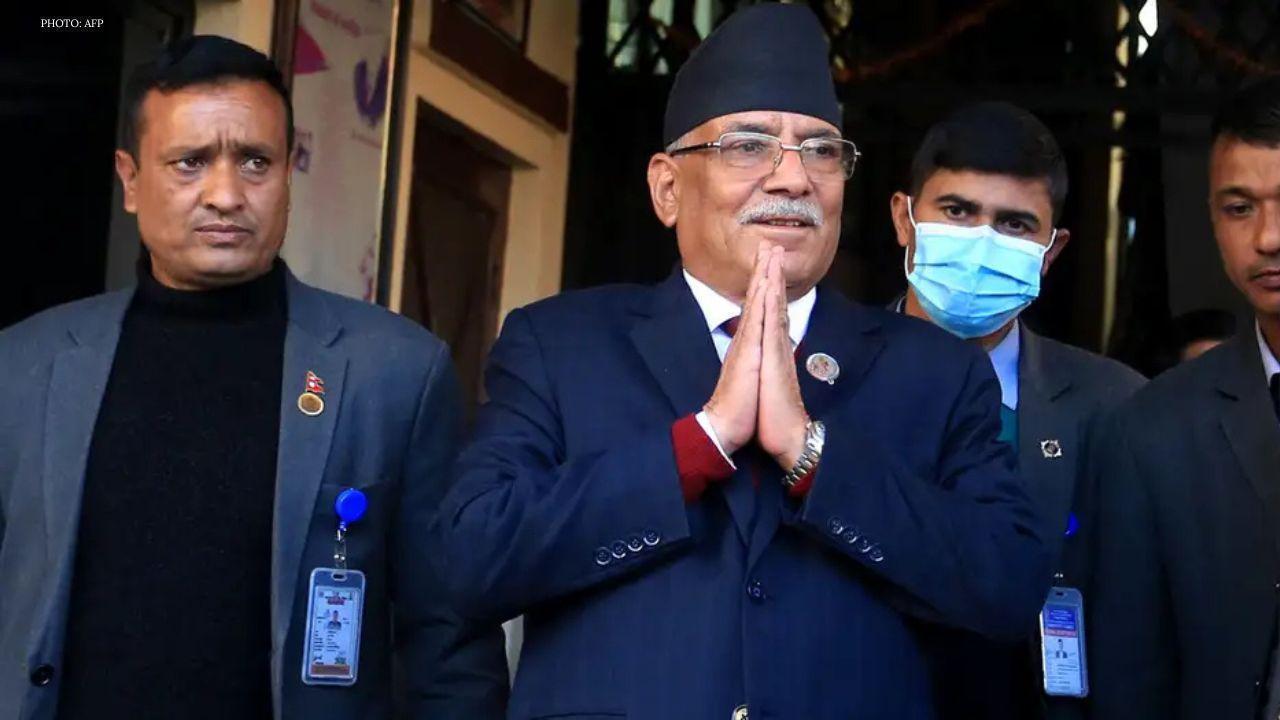




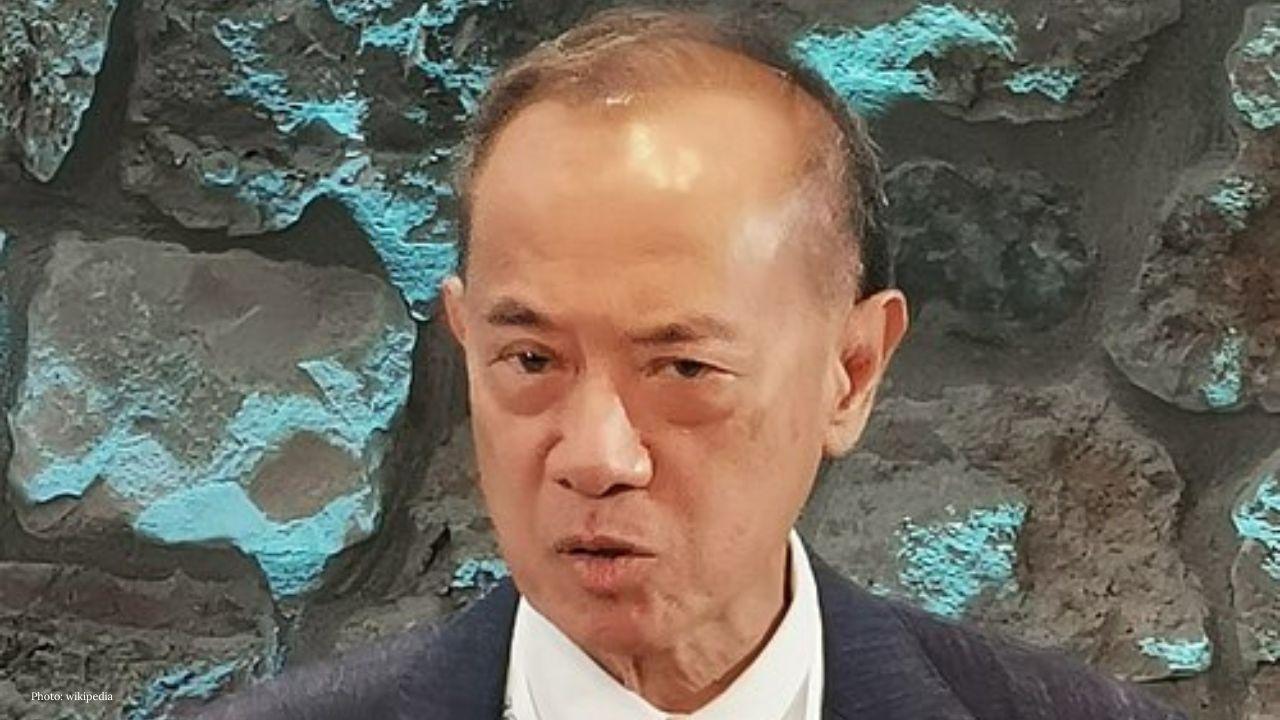
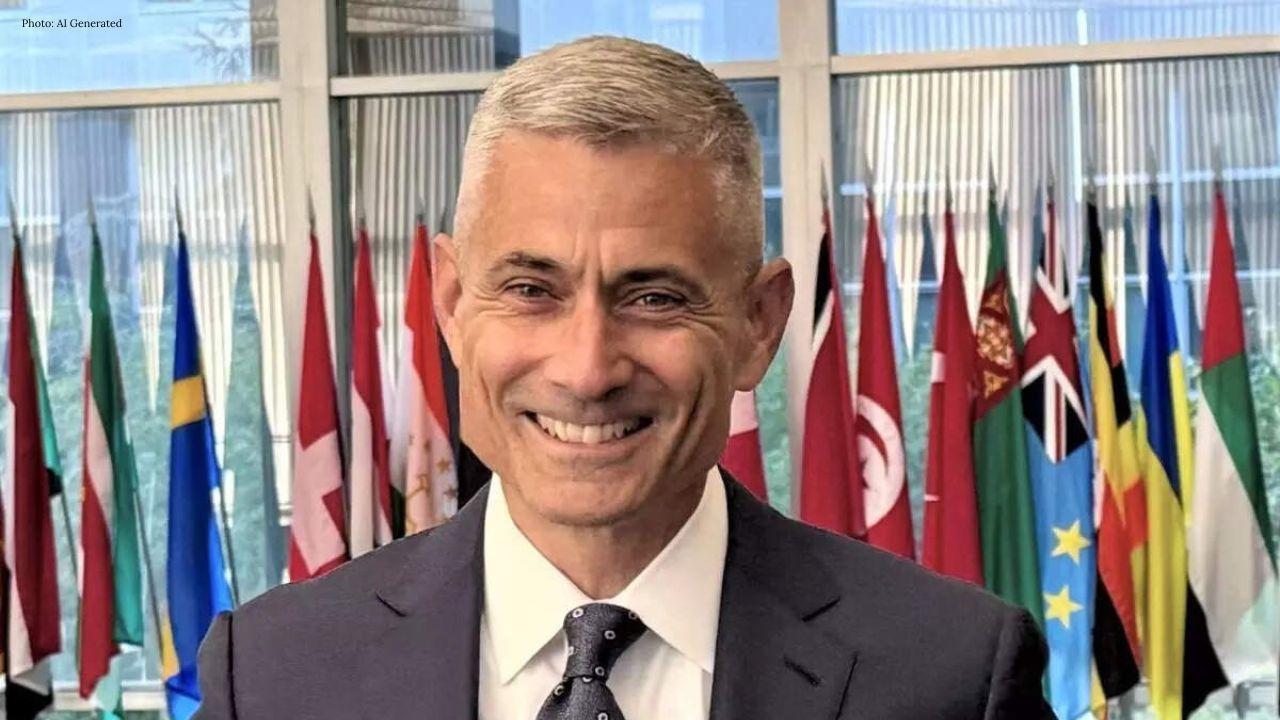



Bangladesh Government Declares Seven-Day Eid-ul-Fitr Holiday
Extra public holiday on 18 March approved by cabinet to create week-long break from 17–23 March

Pakistanis Return Home via Taftan Border
Hundreds cross from Iran into Balochistan as US-Israel strikes intensify FIA ensures 24-hour immigra

US-Based Japanese Doctor Arrested Over Shrine Vandalism
Masahide Kanayama extradited to Japan, accused of defacing Katori Shrine in Chiba with oily liquid i
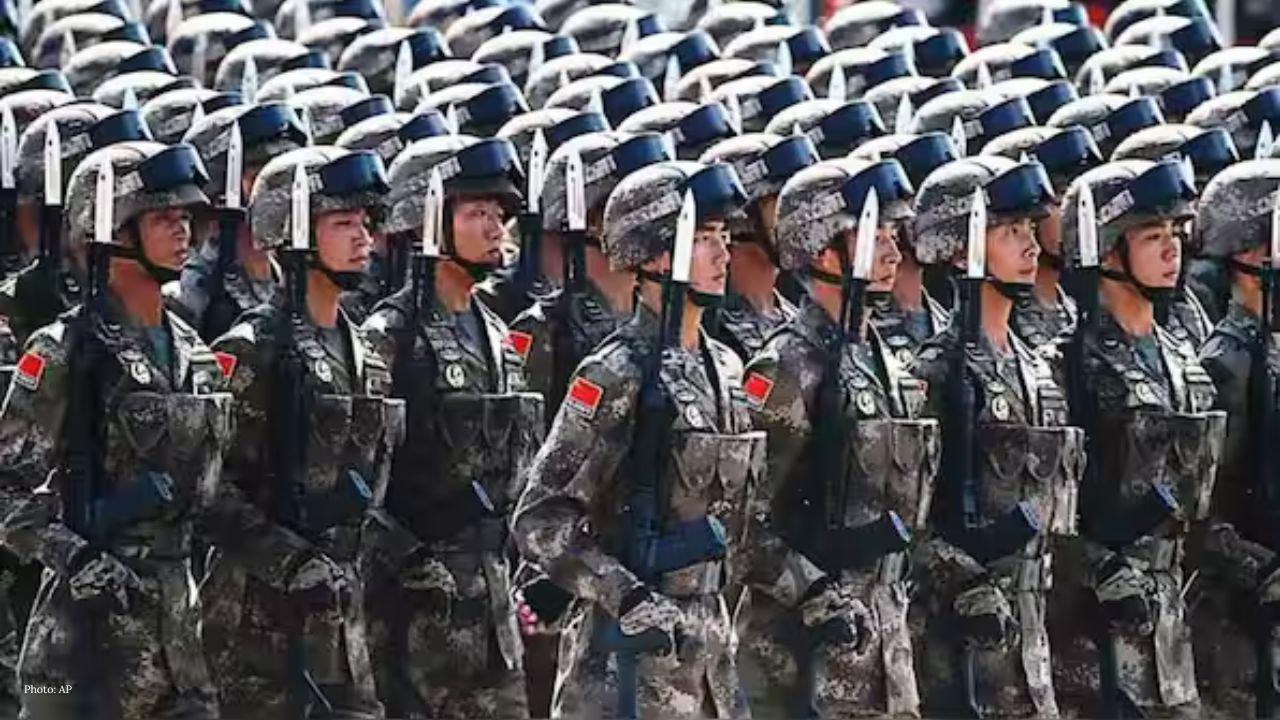
China to Raise Defence Budget by 7% in 2026 Amid Global Tensions
Beijing proposes a 1.91 trillion yuan defence budget for 2026, marking 11th straight year of single-
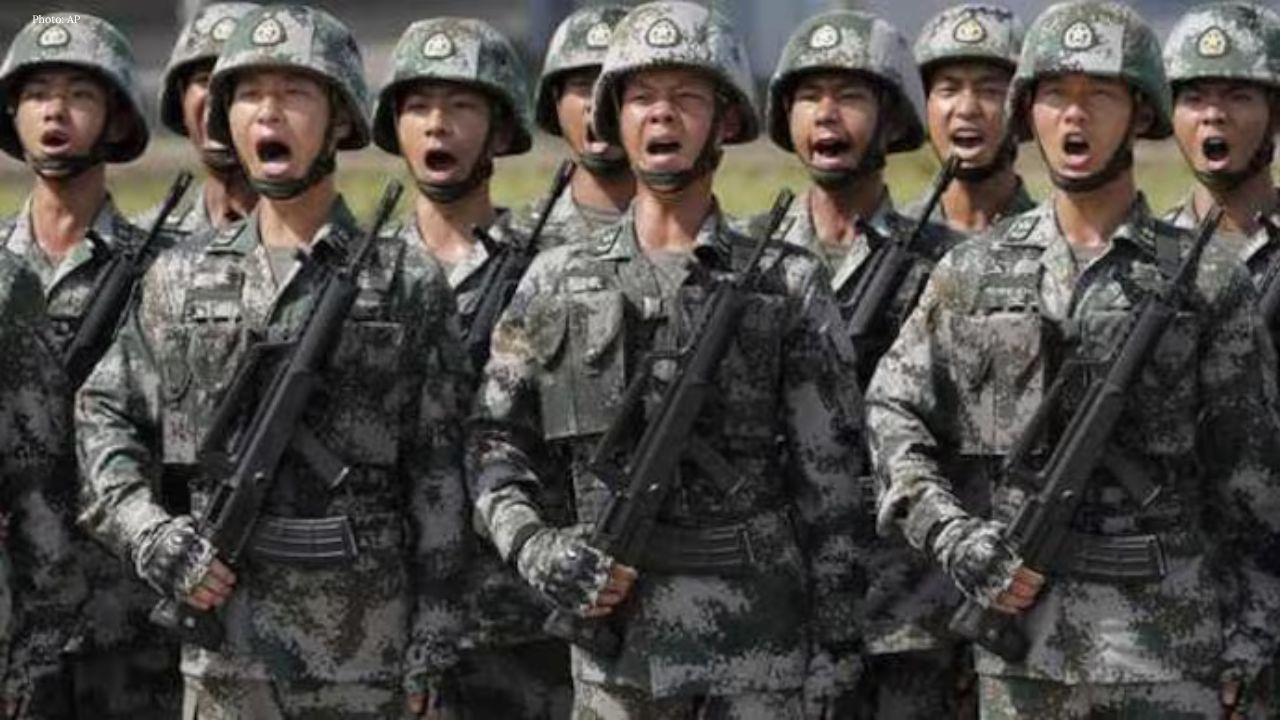
China Ousts Three Retired Generals from Top Political Advisory Body
CPPCC ousts retired PLA generals ahead of annual Two Sessions as broader anti‑corruption military sh

Japan Jobless Rate Rises to 2.7%
Japan sees first increase in jobless rate in five months as voluntary quits rise and job openings sl